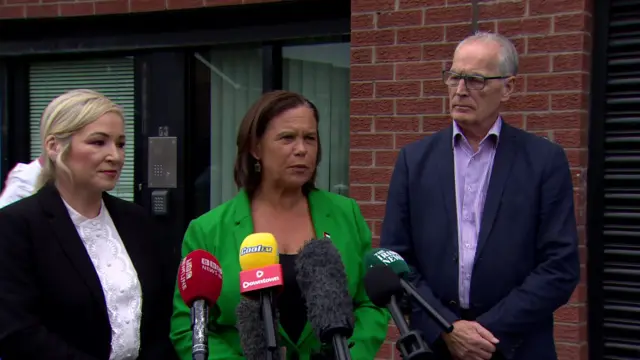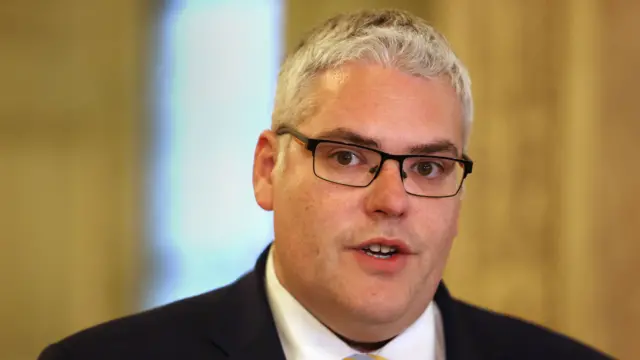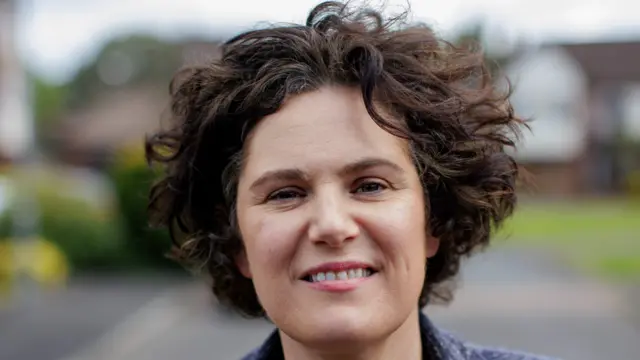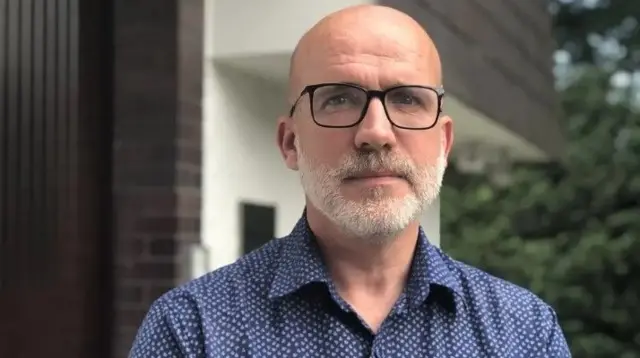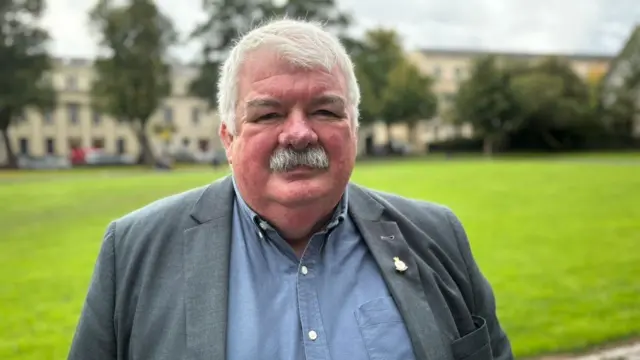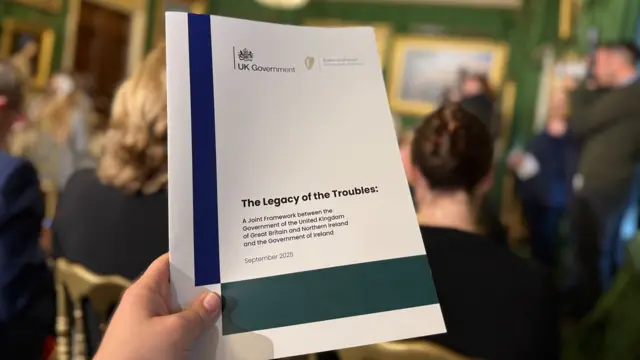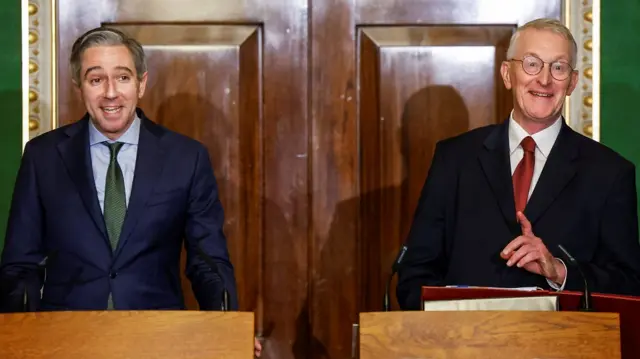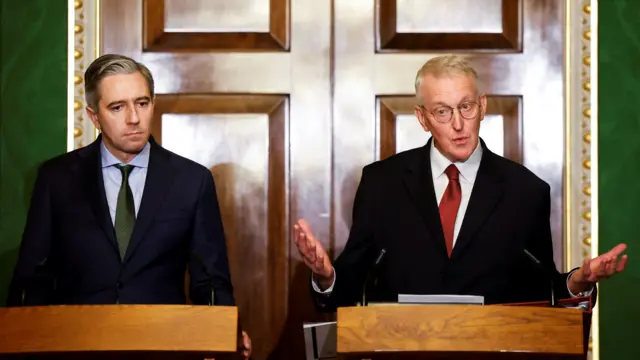McDonald calls for 'justice for Sean Brown's family'published at 16:27 BST 19 September
McDonald says the party is mindful of the "British government's approach to the case of Sean Brown" and that it "is important in these times" that judgements are "respected".
No-one has ever been charged over Mr Brown's murder
McDonald adds: "There could be no better confidence-building measure... within the community that the government is serious about bringing truth and justice and closure to families than for them to press ahead now" and to "bring justice to the Sean Brown family".
